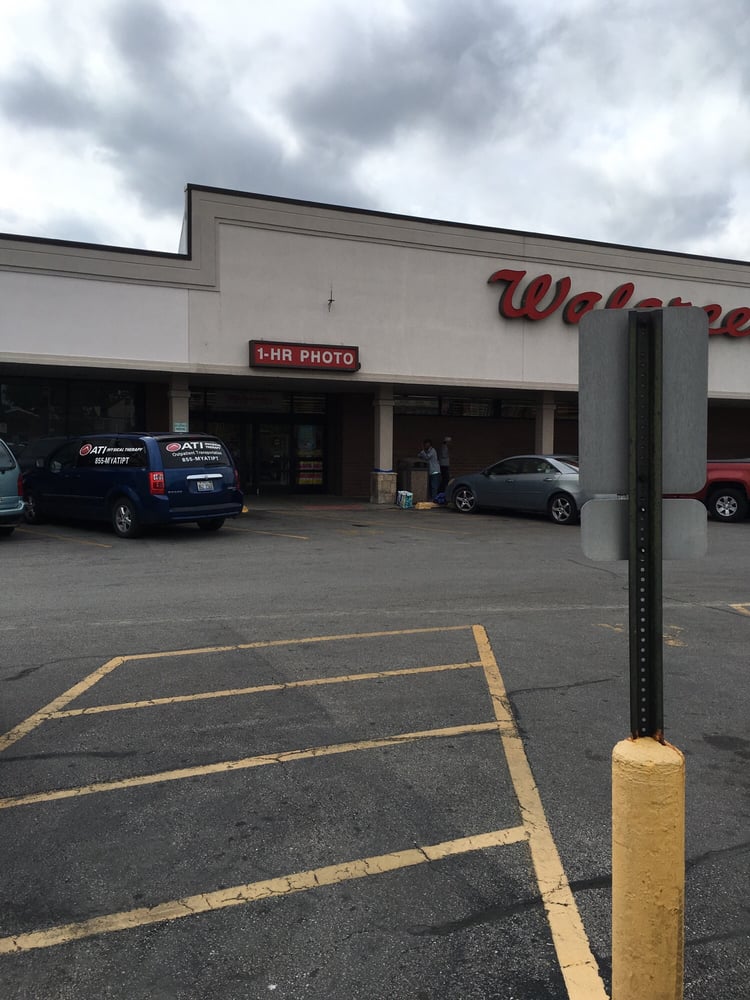

In 1998, MedPartners changed its name to Caremark Rx.

Caremark sold its home infusion service and successfully branched out to four units, "a physician practice management unit, a prescription benefits management unit, a disease state management service aimed at treating high-cost, chronic diseases and an international division." In 1996, Caremark merged with Birmingham, Alabama-based MedPartners/Mullikin, Inc., the combined company being called MedPartners, Inc. Some doctors earned as much as $80,000 a year from the kickbacks, according to government documents." In 1992, Baxter spun off Caremark as a public company. In 1991, when Caremark was Baxter International's home infusion subsidiary, Caremark was accused by the United States government of "paying doctors to steer patients to its intravenous drug service." Caremark was fined $160 million for the "four-year-long federal mail-fraud and kickback" scheme in which the "home-infusion business unit made weekly payments to scores of doctors that averaged about $75 per patient for referring those patients to its services. In 1987, Caremark was acquired by Baxter International. HHCA changed its name to Caremark in 1985. Satellite offices were subsequently opened in Atlanta, Philadelphia, Houston, Chicago, and Irvine.

Steiger's Hyperalimentation Team worked closely to provide supplies at home for their parenteral therapy patients. The first office was opened in Beachwood, Ohio, with four employees, in conjunction with Ezra Steiger, of the Cleveland Clinic Foundation. Sweeney in 1979, as Home Health Care of America (HHCA), incorporated in Delaware, with corporate headquarters in Irvine, California. The name stood for Consumer Value Stores. Company name ĬVS, started in Lowell, Massachusetts by brothers Stanley and Sidney Goldstein and their partner Ralph Hoagland, later had to sell to the Melville Corporation, formerly based in Rye, New York. In November 2021, a federal jury found that CVS, along with Walgreens and Walmart, "had substantially contributed to" the opioid crisis. On November 18, 2021, CVS Health announced that the company plans to close 900 stores over the next three years with closing due to begin in the spring of 2022. In 2021, CVS Health was ranked 4th on the Fortune 500 list, and 7th on the Fortune Global 500 list. In February 2020, CVS Health announced changes to its board of directors, whose size was reduced from 16 to 13 directors. Legal issues related to the merger were resolved in September 2019. In December 2017, CVS agreed to acquire Aetna for $69 billion and completed the acquisition in November 2018. Following a period of growth in the 1980s and 1990s, CVS Corporation spun off from Melville in 1996, becoming a standalone company trading on the New York Stock Exchange as CVS. To expand, the company joined the Melville Corporation, which managed a string of retail businesses. After two years of operations, it was able to open 17 stores. The business began as a chain of health and beauty aid stores, but within several years, pharmacies were added. They grew the venture from a parent company, Mark Steven, Inc., which helped retailers manage their health and beauty aid product lines.

The company is the world's largest healthcare company, and its headquarters are in Woonsocket, Rhode Island.Ĭonsumer Value Stores (CVS) was founded in 1963 by three partners - brothers Stanley and Sidney Goldstein and Ralph Hoagland - in Lowell, Massachusetts. CVS Health Corporation (previously CVS Corporation and CVS Caremark Corporation) is an American healthcare company that owns CVS Pharmacy, a retail pharmacy chain CVS Caremark, a pharmacy benefits manager and Aetna, a health insurance provider, among many other brands.


 0 kommentar(er)
0 kommentar(er)
